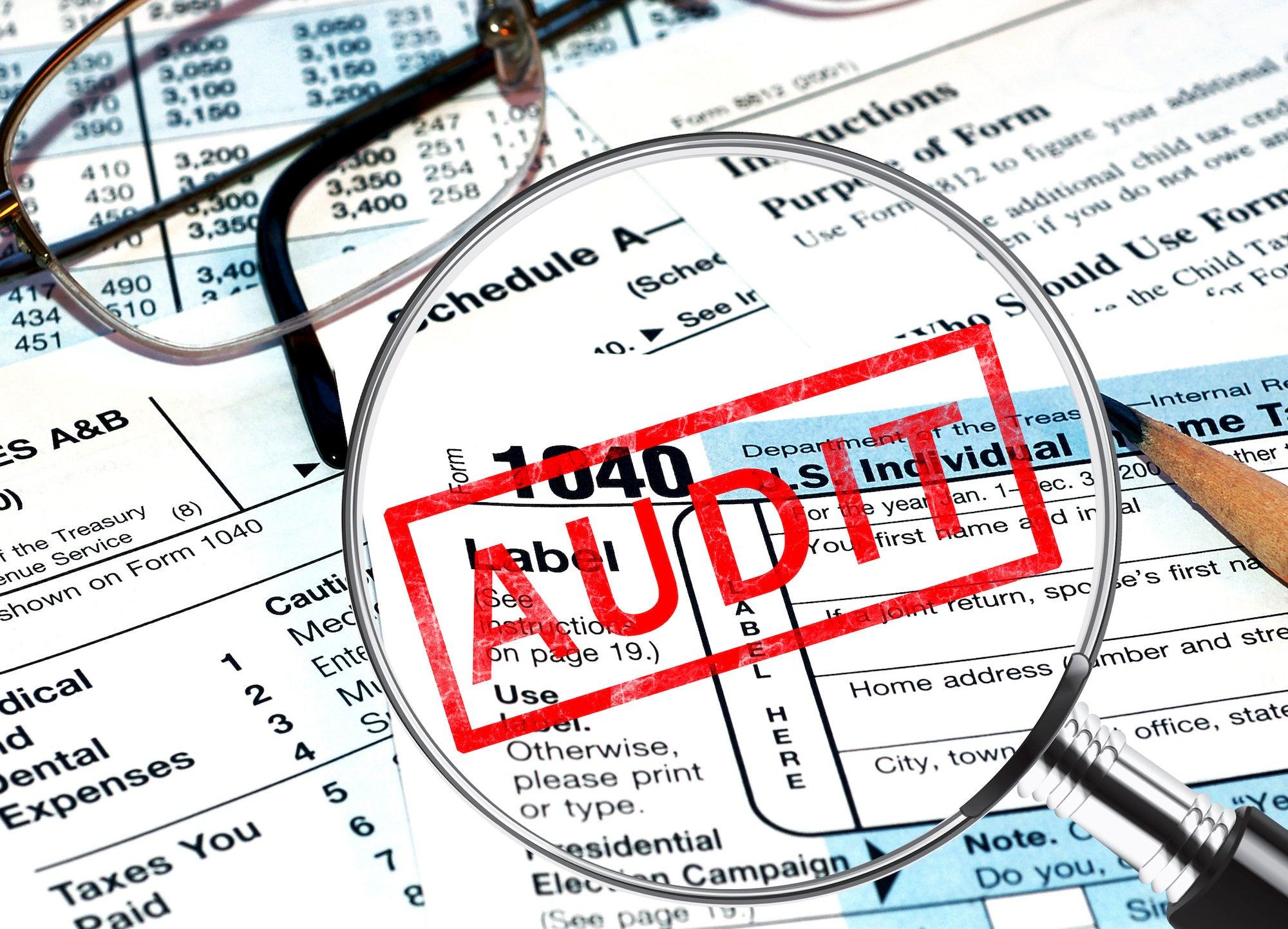There are several factors that can trigger an IRS audit. Some of the most common triggers include:
-
High Income: Taxpayers who earn a high income are more likely to be audited than those who earn a lower income.
-
Large Deductions: Taxpayers who take large deductions, especially those that are unusual for their income level, may be more likely to be audited.
-
Home Office Deduction: The home office deduction can be a red flag for the IRS, especially if it is large in relation to the taxpayer's income.
-
Self-Employment Income: Taxpayers who are self-employed and report a significant amount of self-employment income may be more likely to be audited.
-
Business Losses: Taxpayers who report significant losses on their business income may be more likely to be audited.
-
Charitable Contributions: Taxpayers who make large charitable contributions may be more likely to be audited, especially if they do not have a history of making large contributions.
-
Unreported Income: Taxpayers who do not report all of their income may be more likely to be audited.
-
Mathematical errors: Tax returns with mathematical errors or inconsistencies in the information are more likely to be audited.
-
E-Filing: Taxpayers who e-file their tax returns tend to be audited less often than those who file paper returns
However, It's worth mentioning that the IRS also conduct "compliance check" where they randomly select some return to review in order to ensure compliance with tax laws, regardless of the size of the return or the tax payer's profile.
It's also important to note that being audited does not necessarily mean that you did something wrong, it could also mean that your tax return was selected for a random compliance check.
What are the Different Types of Audit?
There are several different types of audits that the IRS can conduct, including:
-
Correspondence Audit: This is the most common type of audit, and it typically involves the IRS sending a letter to the taxpayer asking for additional information or documentation to support certain items on the tax return. The taxpayer can respond to the letter by mail or through their tax professional.
-
Office Audit: An office audit is a face-to-face meeting between the taxpayer and an IRS agent, typically at the agent's local office. During the audit, the taxpayer will be asked to provide documentation and answer questions about their tax return.
-
Field Audit: A field audit is a more in-depth examination of the taxpayer's tax return, and it typically involves an IRS agent visiting the taxpayer's home or place of business. The agent may review books, records and other documentation related to the tax return.
-
Special Project Audit: A special project audit is a targeted examination of specific issues or industries, such as a compliance check on cash-intensive businesses.
-
Limited Issue Audit: It's an audit that focus on a single specific area on the return, such as charitable contribution deduction or home office expense
-
Full Exam Audit: A full exam audit, also called a comprehensive audit, is a complete examination of the taxpayer's entire tax return, including all income, deductions, and credits. It's the most extensive type of audit
It's worth noting that the IRS use several criteria to select which type of audit to perform, such as the complexity of the tax return and the resources available to the IRS.


